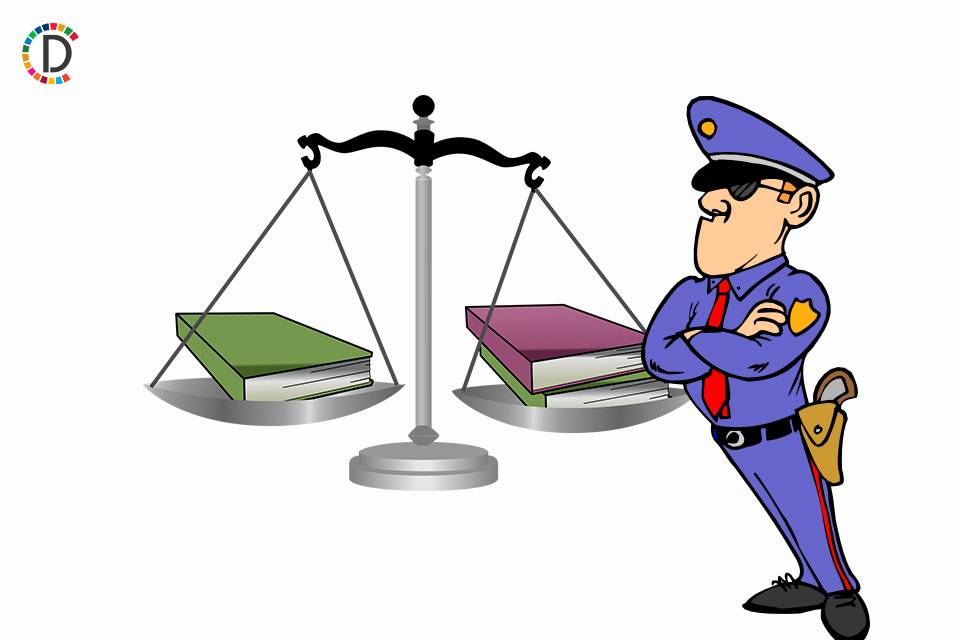Polish judge, government critic loses immunity amid EU rule of law dispute
The ruling, concerning Igor Tuleya, a judge in a district court in Warsaw, came as a long-running conflict over judicial independence resulted in Poland and Hungary blocking the EU's 2021-2027 budget and recovery fund over a clause making access to money conditional on respecting the rule of law. Tuleya told reporters in front of Poland's Supreme Court before the verdict that he was not afraid and would continue to work.

- Country:
- Poland
A Polish judge critical of the ruling nationalists' judiciary reforms had his immunity from prosecution removed on Wednesday by a disciplinary chamber the EU says is not independent, underlining a rift over the rule of law that has left the country at odds with the bloc. The ruling, concerning Igor Tuleya, a judge in a district court in Warsaw, came as a long-running conflict over judicial independence resulted in Poland and Hungary blocking the EU's 2021-2027 budget and recovery fund over a clause making access to money conditional on respecting the rule of law.
Tuleya told reporters in front of Poland's Supreme Court before the verdict that he was not afraid and would continue to work. "If my immunity is lifted, I will not appear before the prosecutor, he will have to take me by force," he said. "I will come to work... try to act as a judge."
Earlier this year, the European Court of Justice ruled that Poland's government should suspend the Supreme Court's disciplinary chamber as it was not sufficiently independent. While not the first judge critical of the government to lose his immunity, Tuleya is the first to lose it as a result of his actions in the courtroom, according to Polish judges association Iustitia.
He is facing disciplinary proceedings after he allowed media access to a sensitive court ruling in 2017 regarding a parliamentary vote on the budget criticised for not having opposition politicians present. The government has justified its far-reaching reforms - including how judges are appointed - by saying they are necessary to improve the efficiency of the courts and to root out the vestiges of the 1945-89 communist era.
The ruling Law and Justice party (PiS) has aimed to prevent judges from ruling that peers nominated by a panel set up under new rules drawn up by parliament are not independent.
Also Read: Vatican OKs probe of sex abuse coverup by Polish bishop
(This story has not been edited by Devdiscourse staff and is auto-generated from a syndicated feed.)
- READ MORE ON:
- Polish










